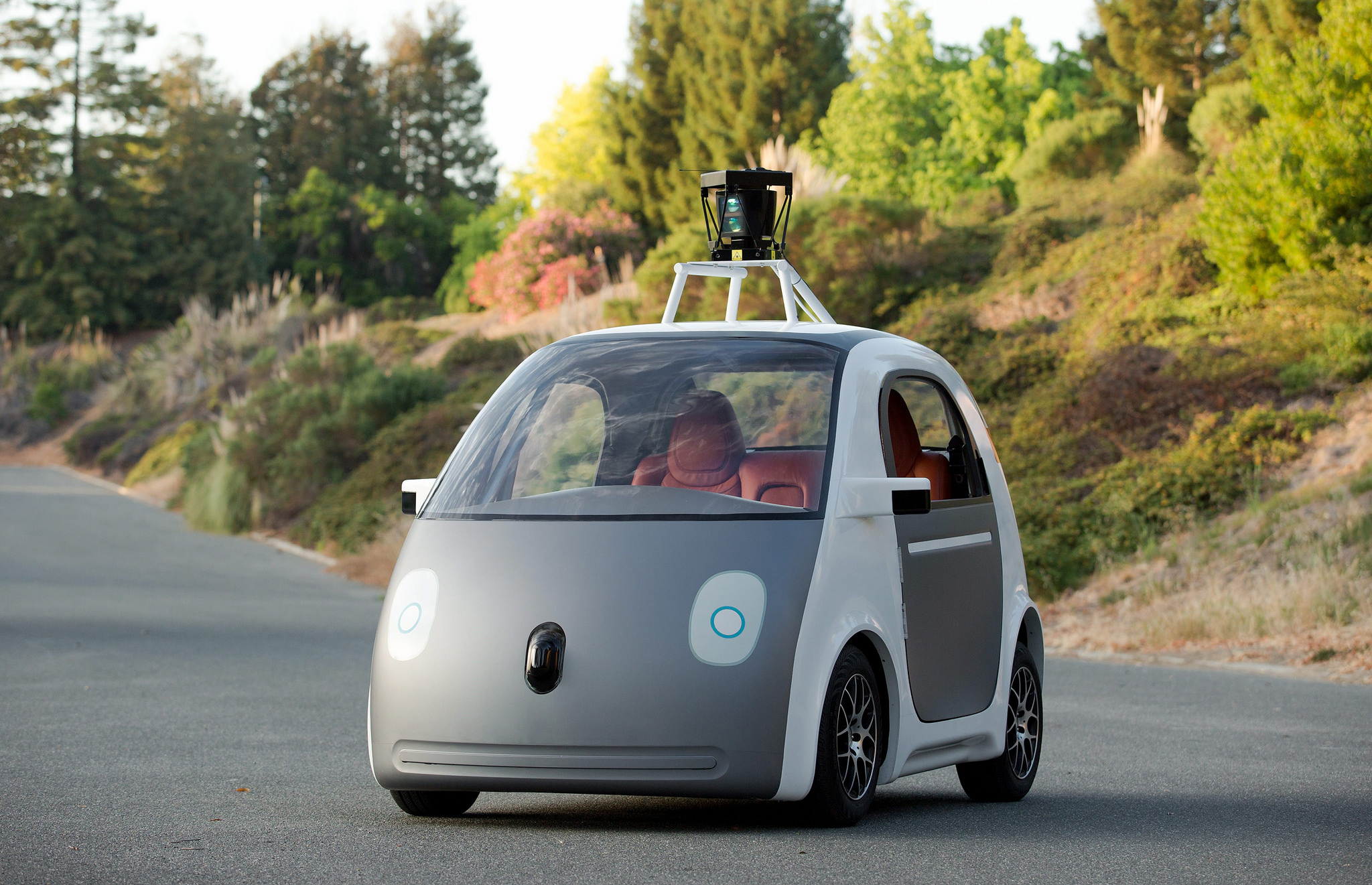Opinions expressed in opinion columns are the author’s own.
We live in a time of great technological advancement. Elon Musk is working on a hyperloop that will speed transit between cities. Doctors and scientists are studying how to reverse paralysis through brain implants. Computers are beginning to learn how to create complex programs that supersede the capabilities of human programmers. At the forefront of this wave of change is the creation and proliferation of driverless cars. Already, Uber is employing driverless cars in Pittsburgh, and car-makers will inevitably produce only autonomous cars.
There are many benefits to such innovations, such as safer travel and more free time for drivers. However, a key missing ingredient in this advancement is the human element. When a person steps into a car, they enter a realm of seemingly infinite possibilities.
In November, my friend and I embarked on a three-week, cross-country journey, from Baltimore to Los Angeles and back, during which we navigated our way through the innumerable wonders this vast country has to offer. From the live bands playing on the Mississippi River in New Orleans to the White Sands of New Mexico, from the glimmering coast of Los Angeles to the decadent desert metropolis of Las Vegas, we saw as much as we could and relished the freedom we had behind the wheel on the open road. Such an adventure, with the drivers in full control and traveling wherever they please, might not be possible in the next few decades.
Right now, autonomous cars are in their infant stage. As their safety becomes widespread, however, insurers will demand higher prices for the much riskier human-driven cars. These cars will inevitably be produced less and less, as only a select, nostalgic few can maintain both the desire and the wealth to sustain control of their vehicles. This wave is approaching, and it will consume all in its path. One can easily imagine a future, some 10 or 20 or 50 years from now, when humans are shuttled to work and back in cars that are entrusted with more discretion than their drivers.
We won’t have to stop for groceries, as all goods will be brought by drone or the all-powerful car. We will be turned into a group of mindless worker bees incapable of directing ourselves or navigating our own neighborhoods. People will be flummoxed by the phrase, “It’s not about the destination; it’s about the journey.” Such a society undoubtedly represents a dystopia. Life is not meant to be easy. Nothing worthwhile is.
The beauty of driving lies in the complete power it gives the driver. What is so bad about this freedom that we are eager to rid ourselves of it? It took us thousands of years to stop using horses and camels as our primary means of land transport, and now, after barely more than one century, we are relinquishing the control of the wheel and handing over autonomy to machines. Gone are the glory days of movies with Steve McQueen speeding along in his Mustang. There will be no O.J. Simpson Bronco car chase in the future; any time a cop wants a suspect to stop, they will simply press a computer button and force the suspect’s car to turn off. Instead of continuing down this path, we should cherish the freedom driving provides.
This week, I am again embarking on a cross-country journey: to Oregon and back over a full month. I will once again bask in the freedom of the open road. I hope we will still be able to enjoy these freedoms throughout the next generations, and that we do not allow technology to overtake us. Because there’s simply nothing like the freedom of the open road.
Joseph Kuttler is a sophomore English major. He can be reached at jkuttler@umd.edu.



